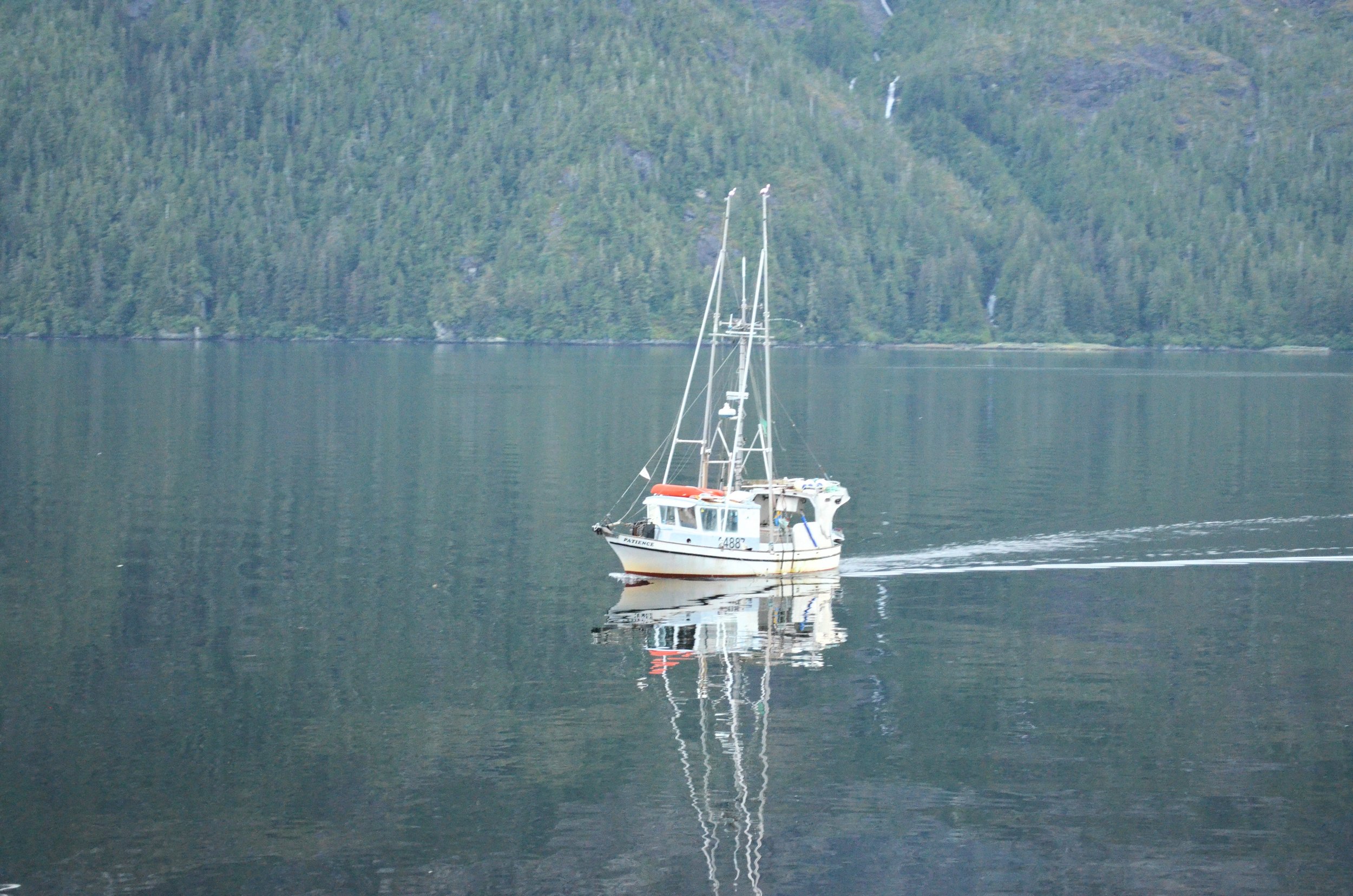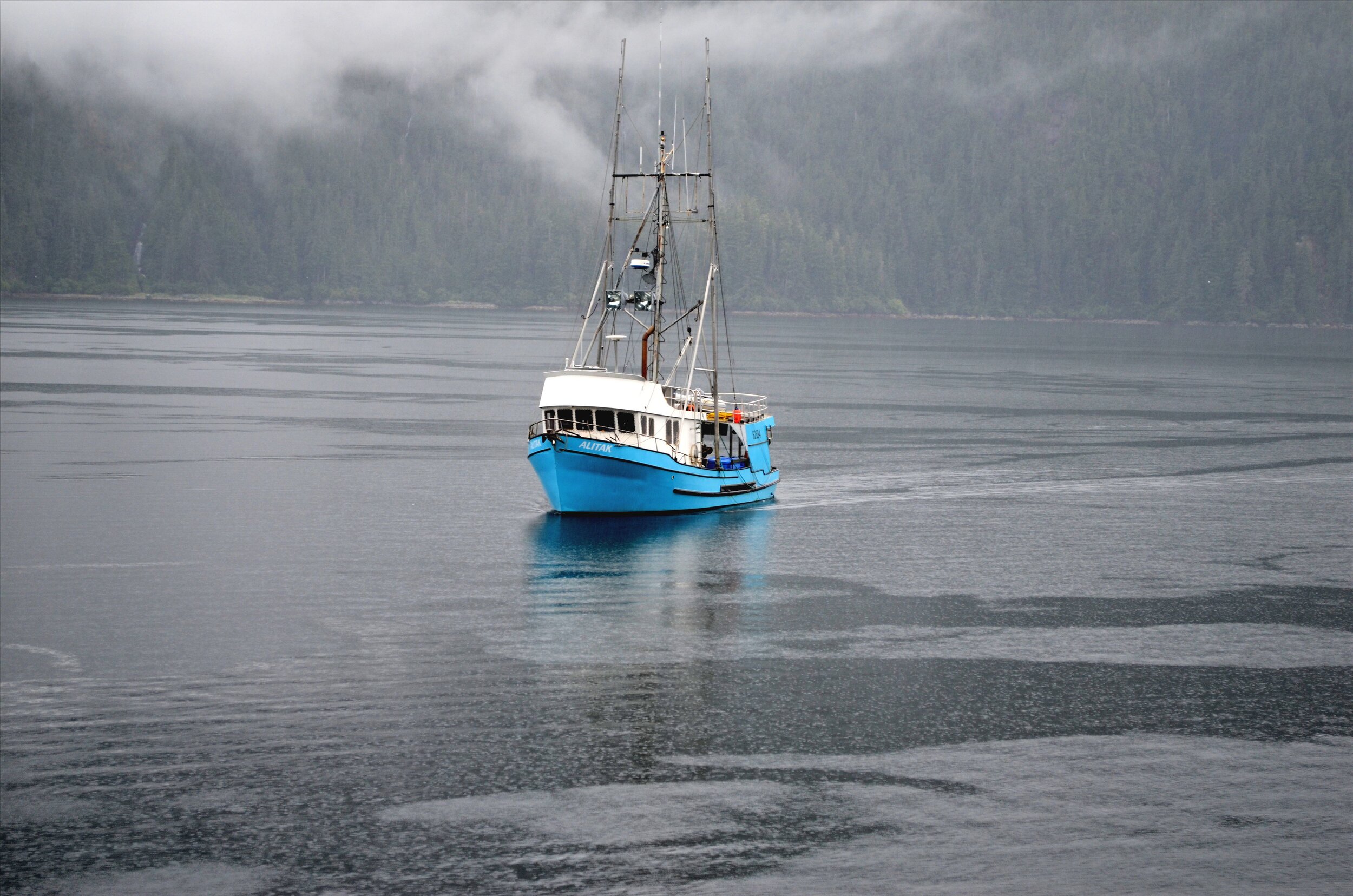Alaska's Hook & Line King Salmon Fishery In Peril
Alaska’s hook-and-line King Salmon fishery is under attack and its future is uncertain. Until Wednesday of this week the 2023 fishery was shut down by court order. A last minute stay by the 9th Circuit Court of Appeals saved the season but the story isn’t over and the future is unknown.
While the issue at hand is complex, the broad strokes can be easily summarized.
First it is important to note that Alaska’s hook-and-line salmon fishery (called the troll fishery, and the fishermen are called trollers) easily ranks among the most sustainable wild fisheries in the world. In fact, Alaska’s constitution mandates that our wild fisheries remain sustainable so that the resources are renewable for the benefit of future generations.
The Southeast Alaska troll fleet operates over a distance of about 400 miles from Yakutat to Ketchikan. Trolling boats are small boats that have very little impact on the environment and produce very little bycatch. Most trolling boats are crewed by 1-3 people, often a husband and wife or a father and son. Many of the boats have been working the waters of Southeast Alaska for decades, some since the 1950s. Every village, town, and city from Yakutat to Ketchikan is deeply connected to and economically reliant upon this fishery.
It is against this backdrop which the Wild Fish Conservancy (WFC), an activist group out of Washington State, filed a successful lawsuit in federal court this spring to shut down the Alaska Troll King Salmon Fishery.
The WFC’s wild-eyed allegation is that Alaska’s trollers are catching too many King Salmon that are native to Washington and Oregon rivers and thus starving the Southern Resident Killer Whales of Puget Sound in Washington State. This population of killer whales, also known as orcas, numbers around 75. While the population fluctuates over time, it has been in decline for the past several years.
It is true that the Southern Resident Killer Whales prey on King Salmon and rely on them as a primary food source. It is also true that some insignificant portion of Alaska’s troll-caught King Salmon are native to Washington and Oregon rivers. Be that as it may, it is absurd to claim that Alaska’s troll fleet has anything to do with depriving these killer whales of their food source. It is doubly absurd that a federal judge agreed to the WTC’s claims, ruled that Alaska’s 2023 Troll King Salmon Fishery must be closed, and refused to stay his own ruling pending appeal, forcing all of Southeast Alaska to tensely wait and hope for a last minute reprieve from the appeals court. The scientific data simply does not support the allegations.
Many have called the WTC lawsuit “misguided” which is a rather charitable way of putting it. In our view the lawsuit can be better described as malicious. The Wild Fish Conservancy only targeted the Southeast Alaska troll fishery while completely ignoring the Washington, Oregon, British Columbia, and California fisheries which take orders of magnitude more Puget Sound King Salmon than Alaska’s fisheries ever will. If the judge’s order had been allowed to stand, every West Coast troll fishery except for Alaska’s would have remained open and unaffected! The sport fishing industry from Alaska to California would also have remained unaffected.
We are grateful that the 9th Circuit stepped in to stay the lower court’s ruling this Wednesday, allowing all of Southeast Alaska to breathe a sigh of relief and make preparations to begin fishing King Salmon starting July 1st as usual.
While the issue is resolved for this season, the fight continues and there is no assurance that we will be able to fish Kings next season or the season after that. At this time the appeals court has merely issued a stay temporarily preventing the lower court’s ruling from being enforced. The appeals court has yet to rule on the merits of the case itself.
Every relevant industry entity and organization in Alaska is fighting this, including the Alaska Troller’s Association, Alaska Native tribal organizations, the Alaska Department of Fish and Game, and more. The National Marine Fisheries Service (NMFS) also opposes the closure and is actively participating in the appeals process. This is important because NMFS has ultimate regulatory authority of Alaska’s salmon fisheries which are governed by the Pacific Salmon Treaty between the United States and Canada.
We are hopeful that in the long run the issue will be favorably settled and Alaska’s small-boat fishermen will not be on the hook for Washington State’s poor management of its own resources.
In the meantime, our fishermen are gearing up for a fantastic summer salmon season and not a minute too soon! Our King Salmon inventory is almost entirely depleted, and we expect to have a short gap between selling out and re-supply with fish that as of this writing are still swimming somewhere in the pristine waters of Southeast Alaska!
Be sure to get your wild, line-caught Alaskan King Salmon at any of our local farmers markets. If you want it fresher you’ll have to go catch it yourself, we guarantee it!







